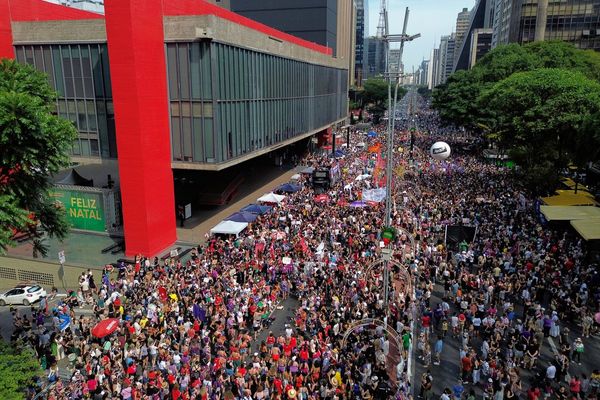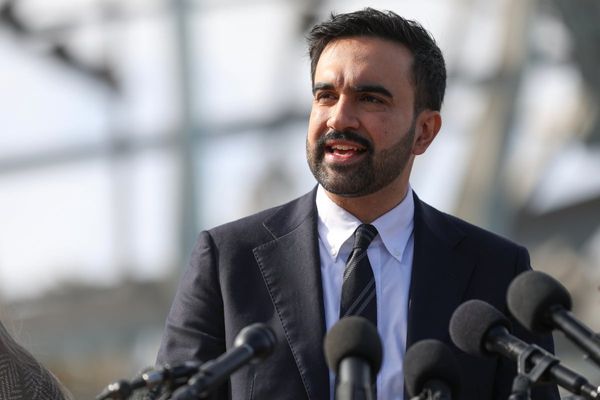It is now illegal to be a member of or support Palestine Action as the group has been proscribed by the UK Government.
Palestine Action joins Islamic State, al-Qaida, and the far-right organisation National Action as the first direct action protest group to be outlawed under the Terrorism Act.
Anyone who attends protests or shows support for the group should be aware that they will be risking arrest from police officers, according to the Met Police.
Shortly after the group was banned under British anti-terror laws, the police arrested at least 29 people including an 83-year old on suspicion of terrorism offences after they demonstrated in central London in support of Palestine Action on Saturday.
What are the protesting laws?
Protesting is legal in the UK, and the European Convention on Human Rights guarantees the freedom to protest in England and Wales.
This only covers non-violent protests. It excludes any acts of violence or property damage that may occur during a demonstration.
Certain limited constraints on the exercise of the right to free speech may be imposed by law enforcement and other government agents. Prior to going out into the streets, review your rights to ensure you are prepared.
You do not need to have permission to protest unless you’re the one organising.
The Home Secretary has the authority to ban an organisation under the Terrorism Act 2000 (TACT) if they think it is involved in terrorism and it makes sense to do so.
The Palestine Action group is the latest to be banned under anti-terrorism laws.
According to the TACT, membership in the group and support for its activities are crimes that carry a maximum 14-year prison sentence.
What are you not allowed to do at a protest?
In the UK, it is illegal to use violence, destroy property, hinder vital national infrastructure, or seriously disturb other people during a protest.
Strategies that seek to create major disruption, such as tunnelling and “locking-on” (attaching oneself to things or people), are also now illegal.
Additionally, you are not allowed to have pyrotechnic items (such as flares or pyrotechnics) during a protest.
Moreover, limits or even arrests may result from behaviours that endanger public health, public order, or the intimidation of others.
If a protester uses derogatory, abusive, or threatening language or behaves in a way that is meant to disturb, frighten, or upset others, they may be detained and punished under the Public Order Act of 1986.
This includes actions in which the target is a bystander or a person performing public service.
Why were Palestine Action proscribed?
Parliament has passed laws in recent years that provide police more authority to control protests, including the creation of new offences. This strategy has drawn special criticism in light of demonstrations against the Israeli-Hamas war.
After demonstrators stormed a Royal Air Force station in Brize Norton, Oxfordshire, England, on June 20 to protest the British government's continued military support for Israel in its war in Gaza, destroying two planes with crowbars and red paint, the Government took action to outlaw Palestine Action.
According to police, the event caused damage of almost 7 million pounds.
In an attempt to stop the British Government's ban on Palestine Action, the group lost a last-minute legal battle last Friday.
Supporters and activists have denounced the Government decision as autocratic and stated that the group is non-violent and promotes civil disobedience.







